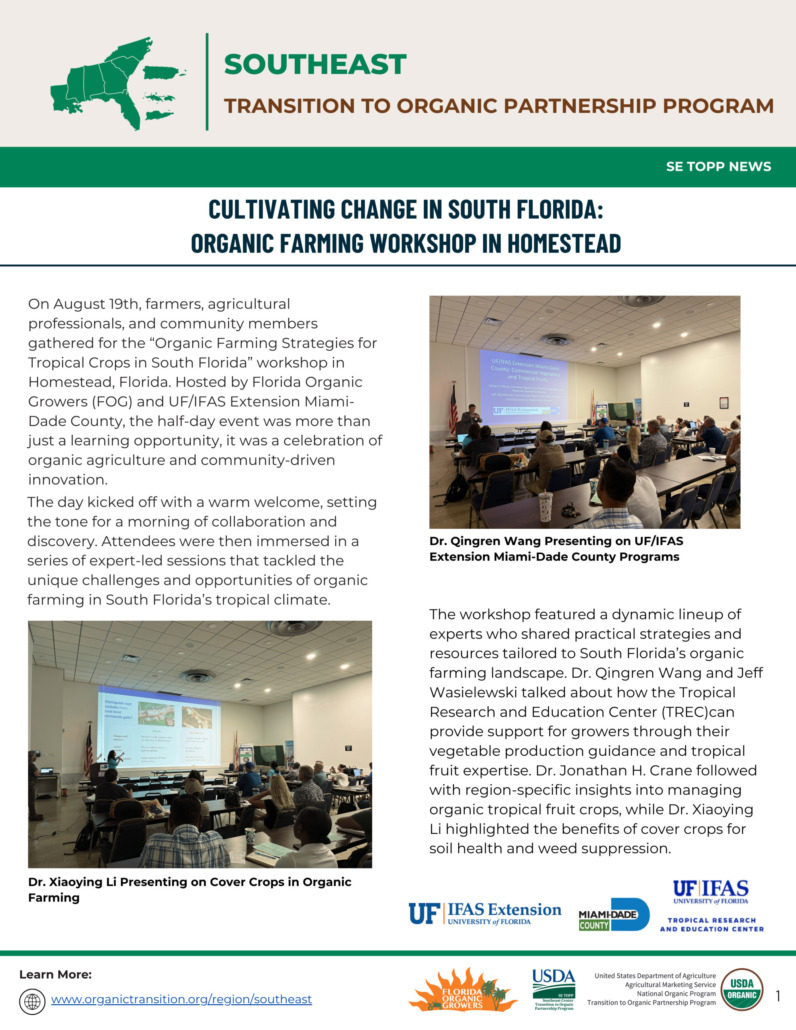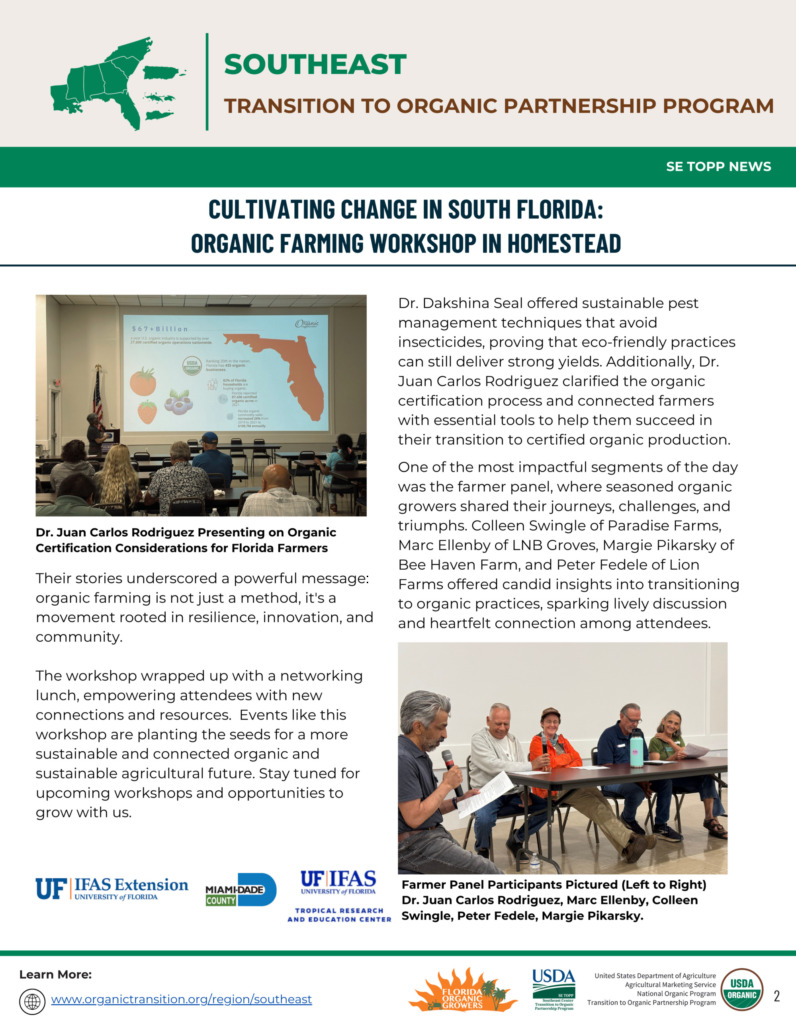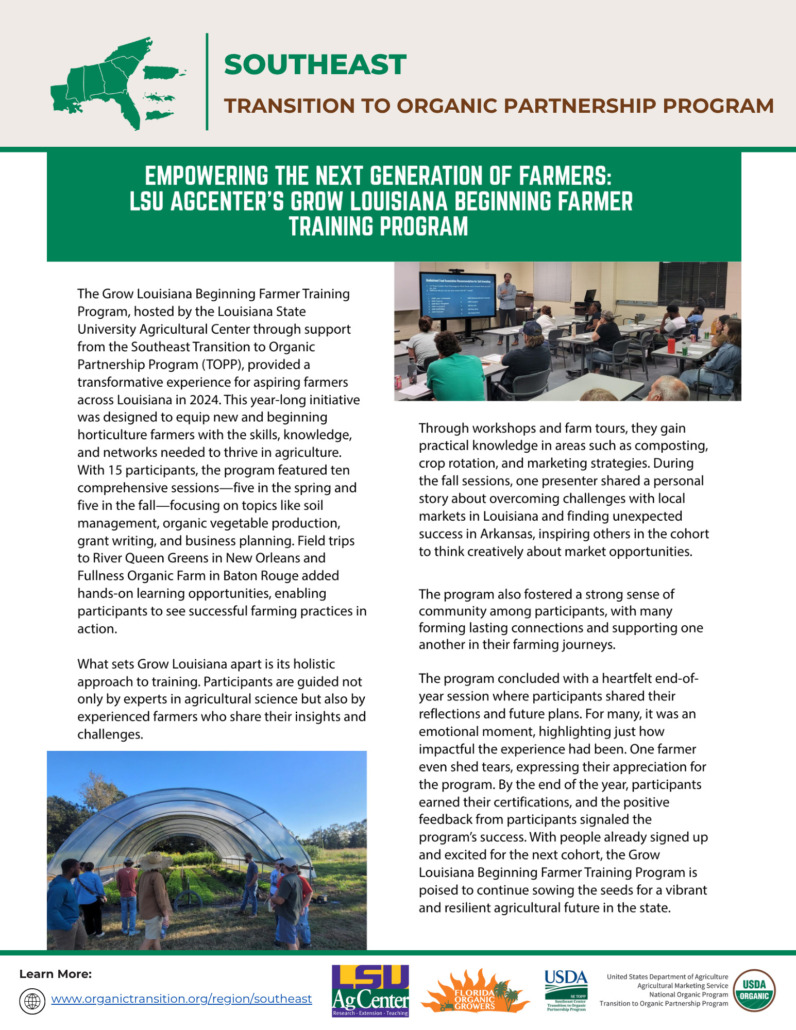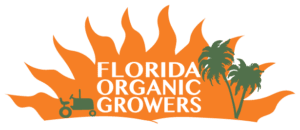Permitted Facilities
Nearly every food operation legally permitted by a food safety regulatory agency in the State of Florida must prepare, process and store food in a state- permitted facility. Unlike a residential kitchen where food is prepared in the home, a permitted facility is used exclusively for the production and storage of food distributed and sold to the public, and it is constructed according to state- mandated food safety standards that help prevent the spread of food borne illnesses. Yet, leasing or owning a permitted facility can be costly for a new food entrepreneur, and to keep start-up costs down, many new food entrepreneurs enter into a ‘commissary agreement’ with an existing permitted facility in order to meet state guidelines and acquire a permit from a food safety regulatory agency in Florida. This guide will describe the types of food operations that need a permitted facility, introduce ways to access a permitted facility, suggest what to look for in a commissary agreement with a permitted facility, and provide tips for leasing or building a new permitted facility.
Who Needs a Permitted Facility?
Nearly all state-permitted retail and wholesale food operations in Florida must have access to a state-inspected and permitted facility to prepare and store food that is for sale to the public. However, cottage food operations are exempt from regulatory guidelines as well as some small food operations selling specific products exempt from state permitting. For more information on the types of food business operations that require food safety inspections and permitting and those that are exempt, visit the Cottage, Retail or Wholesale? and Regulatory Agencies guides in this website.
Commissary and Commercial Kitchens
A commercial kitchen is a state-permitted facility that has been approved for the preparation, storage and distribution of food to the general public. A commissary kitchen is a permitted facility made available to small food businesses that need to comply with state food safety guidelines in order to acquire a permit to operate.
There are several ways to enter into a commissary arrangement with a permitted facility. Some business owners rent time in a permitted commercial kitchen, such as a restaurant, during closed hours. Churches, private schools, and community organizations with permitted facilities may also allow entrepreneurs to operate in their facility for a fee. In recent years a growing number of incubator kitchens (shared permitted facilities) have emerged throughout Florida. In addition to providing access to a permitted facility, many incubator kitchens also provide specialized equipment, training in food safety and culinary skills, and mentoring for business operations and marketing. The type of arrangement to access a permitted facility depends on the needs of the food business operations, and it is important to explore different options and opportunities to determine the best fit for the business.
The terms of the commissary arrangement are often outlined in a legal document called a commissary agreement that details the specific costs, rules, rights and responsibilities of the person or business using the permitted facility and the obligations of the person or business operating the permitted facility. The links below provide a few examples of the different types of contractual arrangements in
a commissary agreement. (The links below are provided as examples only and are not specifically endorsed nor recommended by this website or any associated groups or individuals).


Ashe County Kitchen User Agreement Basic Commissary Letter

Moodys Commissary Contract
After selecting a permitted facility and entering into a commissary agreement, the food business will need to submit a separate commissary notification form to the regulatory agency during initial inspection which usually takes place at the designated facility. The form offi theircially identifies the permitted facility as the designated commissary for the food business, and the location where food is prepared, processed and stored. For more information about the specific forms for each agency, visit the links below.


FDACS Commissary Notification Form DPBR Commissary Notification Form
What to Look for in a Commissary Relationship
The commissary arrangement is one of the most important relationships for a beginning food entrepreneur because a breakdown in the commissary relationship can lead to a breakdown in the business. Once a food business is inspected and permitted in a specific facility as its commissary, it can be costly for the business to switch commissary locations before the annual permit expires because the change may require a new inspection and additional fees. Therefore, a little time spent investigating the permitted facility as a potential commissary can help avoid costly operational problems in the future.
A few things to consider in a commissary relationship;

Inspection & Permitting History: Inspection and/or complaint reports are available online. Reviewing inspection histories is a great way to determine if the permitted facility is current, to discover any previous
food safety violations, and to review the severity of any previous violations, if any.
FDACS Inspection Report Database DPBR Inspection Report Database
Check for leaks, especially in the ceiling which can result in a food safety violation that may close the facility.

Since water source and waste disposal documentation is required for permitting, be sure the facility has current documentation available for inspectors to review.

Parking should be within a reasonable distance, and consider any large or heavy equipment going in and out of the facility.

Security surveillance and alarm systems enhance safety during off hours and emergencies.

Shared keys or alarm codes are less secure than an alarm system where users use a unique code that identifies who was in the facility, when they were in the facility, and for how long they were in the facility.

Indicate if the facility can accept deliveries from suppliers, if the facility has adequate storage space, and how the packages are received.

Ensure the current electric system meets the demands of any specialized equipment (i.e. 110, 220, etc.) without blowing fuses and disrupting operations.

Calculate transportation costs to and from the location, and consider the location in relation to sales venues.

Inspect the restroom and ensure it is properly maintained with soap, paper towels, toilet paper, hand sink and a wastebasket.

Equipment & Supplies: Everyfacility must meet minimum construction standards, such as dishwashing and handwashing sinks, yet the type of
equipment and supplies available to users can vary.

Identify all equipment available for use and determine if the facility operator will replace or repair when needed.

Consider any special equipment needs, such as stove top cooking or frying that requires a ceiling hood for exhaust.
Indicate who is responsible for purchasing cleaning products, paper towels, sponges, brooms, mops, and other supplies required to maintain the facility.

Storage: Regulatory agencies require all food, including unused ingredients, to be stored in a permitted facility. Yet, the amount of space available for dry, frozen and refrigerated storage within the facility can vary.

Determine the amount of storage (dry, cold, frozen) available to kitchen users and if there are any additional storage costs.

Consider if the items in storage will be secure or if the space is also accessible by other facility users.

Scheduling and Fee Arrangements: Commissaries are usually shared, and this makes it important to calculate how much time will be needed to ensure that it will be available for use. It is also important to compare the cost of time in the facility with the potential profit created from the sale of the items.

Calculate the amount of time needed to produce a certain number of items, and then calculate the amount of profit from the sale of those items. For example, if it takes three hours to produce thirty jars of organic salsa with $100 in ingredients, and the commissary rent is $30 per hour;


$30 x 3 hours = $90 Ingredients = $100


Production cost of salsa = 190 / 30 = $6.33 per jar plus labor. Determine how time is scheduled in the facility, and if anyone has priority.

Identify how far in advance time is reserved in the facility and the amount of flexibility for short notice or last minute scheduling or cancelling.

Determine if more than one user will access the facility at the same time, and if so, if there is a reduced rate for non-exclusive scheduling.

Determine if time spent prepping and cleaning is counted as use time for a fee or if time is granted before and after use without a fee.

Contracts: Commissary agreement contracts help create clear guidelines on the terms of use for the renter as well as the obligations of the facility operator. The contract may include additional business requirements and expectations such as liability insurance, legal registration with state agencies, and policies regarding access by employees or partners. It is important to carefully review the terms and conditions of the contract to ensure they are fair and reasonable for both parties.
Building a Permitted Facility
While commissary kitchens provide a low-cost means for new and small businesses to meet food safety guidelines, commissary rental costs can become more expensive than operating a permitted facility if the business grows and increases production. This is often the case when commissary fees are based on time spent in the facility; increased production leads to more time in the facility and higher costs for facility rental. There may come a point when it makes more sense to rent or build a permitted facility for a fixed cost that stays the same and does not increase as the business grows. A financial plan that includes a budget, inventory and accounting system can help a business owner determine if building or leasing a permitted facility at a fixed cost is less expensive than renting time in a facility. For more information, visit the Financial Plan guide in this website.
In addition to fixing kitchen operation costs, building or leasing a permitted facility gives the added benefit of exclusive access and control over the facility. Florida State regulatory agencies provide simple and easy guidelines to establish a permitted facility and a ‘Plan Review’ process assists food business operators in the planning, design and construction of a new or existing facility. Building or leasing a permitted facility also creates opportunities for a business to generate additional revenue by providing commissary services to new and small businesses. There are a wide variety of resources available to assist in the planning and costs associated with creating a shared-use permitted facility.

Shared Kitchen Toolkit: A practical guide planning, launching and managing a shared-use commercial kitchen, Purdue University

USDA Grants & Financial Support
The agency links below provide more information about the Plan Review process and food safety construction criteria for permitted facilities in Florida.

DPBR Plan Review

DPBR Commercial Kitchen Guidelines


FDACS Minimum Construction Standards & Interagency Form DOH Hygiene Codes & Standards

DOH Plan Review
Outsourcing to Co-packers
In lieu of building a permitted facility, many growing farmers market businesses opt to hire a third-party co-packer when they do not have the necessary packing capacity, machinery, or knowledge to package their product themselves. The co- packer will follow the instructions of the business owner to process, package and label food products according to the guidelines and specifications of detailed by the business owner. A good co-packer will provide benefits such as professional expertise, specialized resources, аnd knowledgeable staff. The additional costs of paying a co-packer can be offset by a reduction of production costs per unit (individual products) because it increases the bulk amount.
Permitted Facilities & your Farmers Market Business
Permitted facilities play an important role in developing a farmers market business in Florida. While some food operations are exempt from state mandates to operate in a permitted facility, state laws require most retail and wholesale food operations to prepare, process, and store food in a permitted facility that adheres to food safety regulations and guidelines. Commissary agreements enable new and small food business to access and operate in a permitted facility at a low cost, and commissary rental contracts can clearly define the terms of use for both the renter and the facility operator. When the cost of renting a permitted facility exceeds the cost of leasing or building a new facility, state regulatory agencies provide
construction guidelines and plan reviews to help food business operators remodel, plan, design and/or construct a facility that will meet the criteria for state permitting. Developing a sanitation plan for food production can also help design a layout that best fits business operations. For more information on topics and issues related to permitted facilities, visit the Sanitation and Food Safety Permits guides in this website.
Resources & References

UF IFAS: Food Safety: Does Your Kitchen Pass the Test?

UF IFAS: Sanitary Design & Construction of Food Equipment

UF IFAS; Sanitary Design and Construction of Food Processing and Handling Facilities


Flip Program: Renting a Commercial or Commissary Kitchen DPBR: What is a Commissary?

Leopold: Shared Use Kitchen Planning Toolkit




